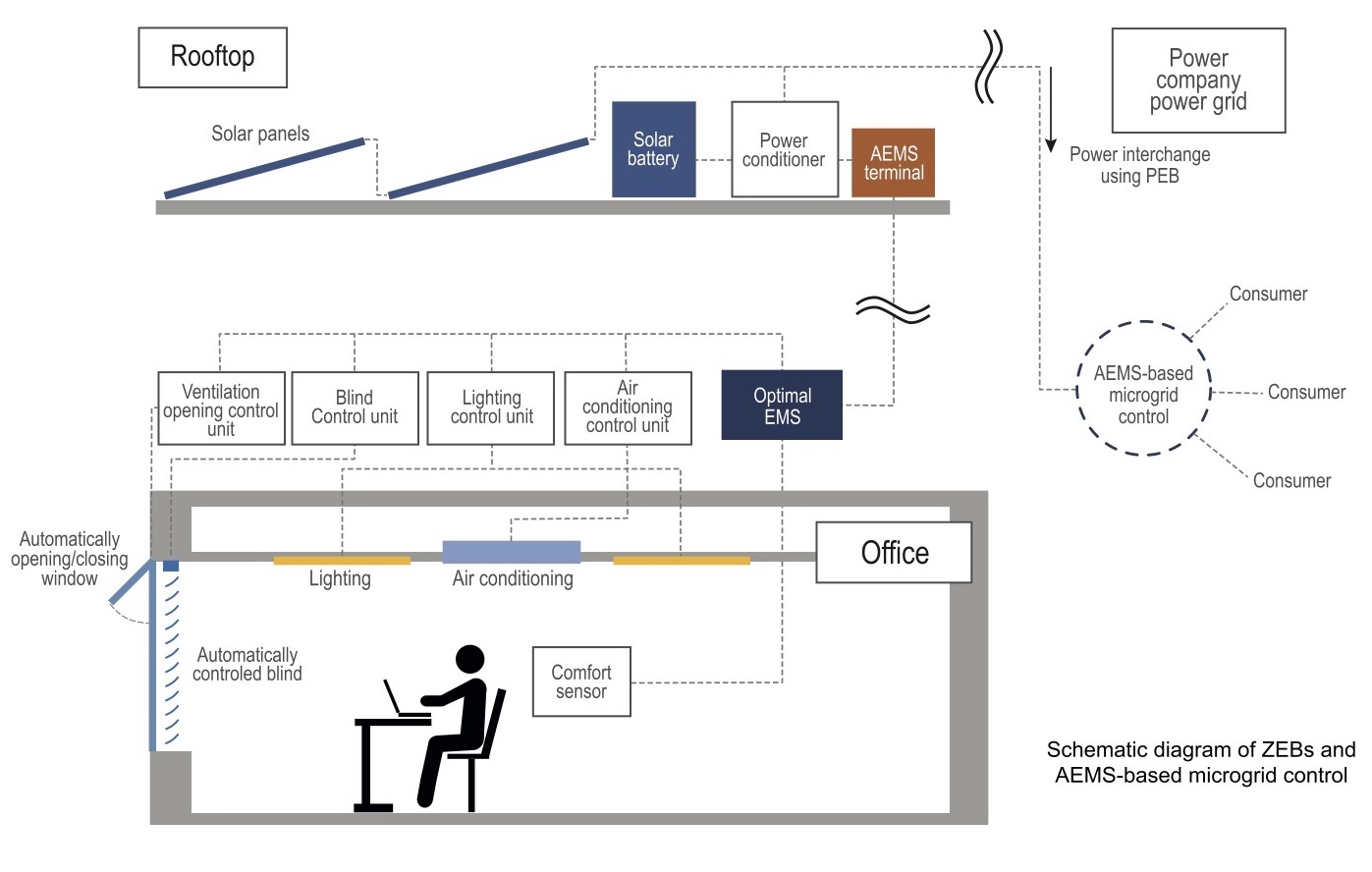CSSC LAB - Exploring the CSSC Demo Sites: PHOTOVOLTAIC ELECTRICITY and BIOMASS HEATING FOR ENERGY SELF-SUFFICIENCY IN BULGARIA
25-11-2020
As the first CSSC demo site to be launched in January 2021, the Bulgarian case will showcase the use of solar energy and biomass for the meeting of all electricity and heating needs of an office building in Varna. Being able to achieve energy self-sufficiency and become the only energy positive building at local level, the demo site will serve as an example to other building owners wishing to apply sector coupling and energy storage solutions.
To no longer rely on the local grid, the following equipment is required: 6 kWp PV module systems, a 23 KWh Battery system, a biomass heating system, solar hot water PV system 2kwp and monitoring equipment. This has been purchased in the framework of the CSSC Lab project and will be fully operational by January 2021.
How will this equipment be used? Solar panels will be installed on the roof of the office building and the electricity generated will be stored in batteries. This will then be used to meet the electricity needs of the building as well as for the charging of electric vehicles close-by. The biomass heating unit will serve the purpose of heating the building while the solar hot water PV system will ensure that hot water is available. Combining all these solutions, the office building will be entirely self-sufficient and will not depend on the local electricity distribution system. At the same time, it will be a zero-emissions building, helping make Varna a greener city.
In fact, the demo site is likely to have a positive impact on the environment by:
- increasing the share of renewable energy sources level by 3 % at local level
- reducing CO2 emissions by 3 %
- lowering energy consumption from fossil fuels by 2%

It will allow for a total of 1500 EUR to be saved annually, whereas it will generate 8000 kWh electricity from renewable sources and 10000 kWh heat biomass energy. At the same time, the users of the building will benefit from more stable electricity supply and constant energy prices. This is especially relevant given that Varna’s electricity network has seen price spikes and power cuts in recent years. These sector coupling and city storage solutions help avoid these shortcomings, benefitting both the office users and the environment.
How will the community benefit from the site? It is clear that since most of the office staff members go to work by car, they will use the adjacent electric charging station on a regular basis. However, the community at large will also have access to these facilities provided they install the necessary application on their mobile phones. This will further support the boom of electric vehicles observed in Varna in recent years, which has been part of the efforts to promote smart mobility in the city. In fact, making more charging stations available to the residents of Varna is essential to reduce current air pollution levels, which undermine Varna’s attractiveness as a tourism destination.
This initiative has a high replication value as building owners in Varna are increasingly looking for alternatives to reduce their reliance on the grid and will be able to see how photovoltaics and biomass heating systems work in practice. Moreover, as the local government is greatly committed to raising air quality in the city, it is likely that this exact model of an energy self-sufficient building combined with a charging station for public use can be replicated on other sites.
If you want to stay up-to-date on the latest developments surrounding the project and its demo sites, sign up for the CSSC Lab newsletter here.
